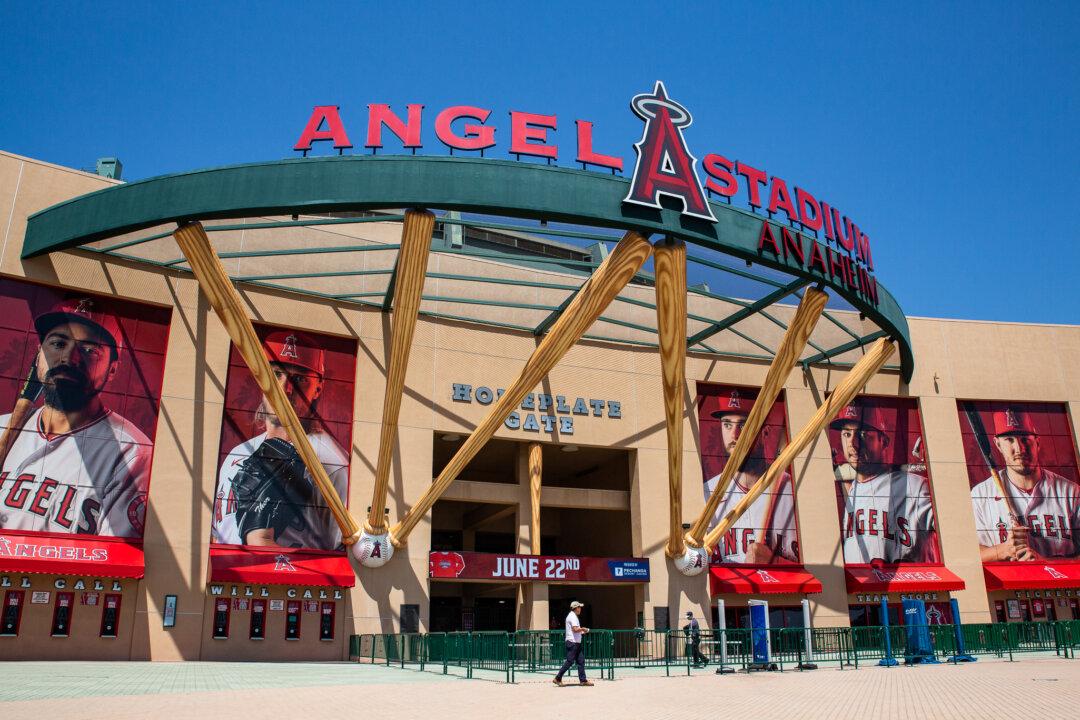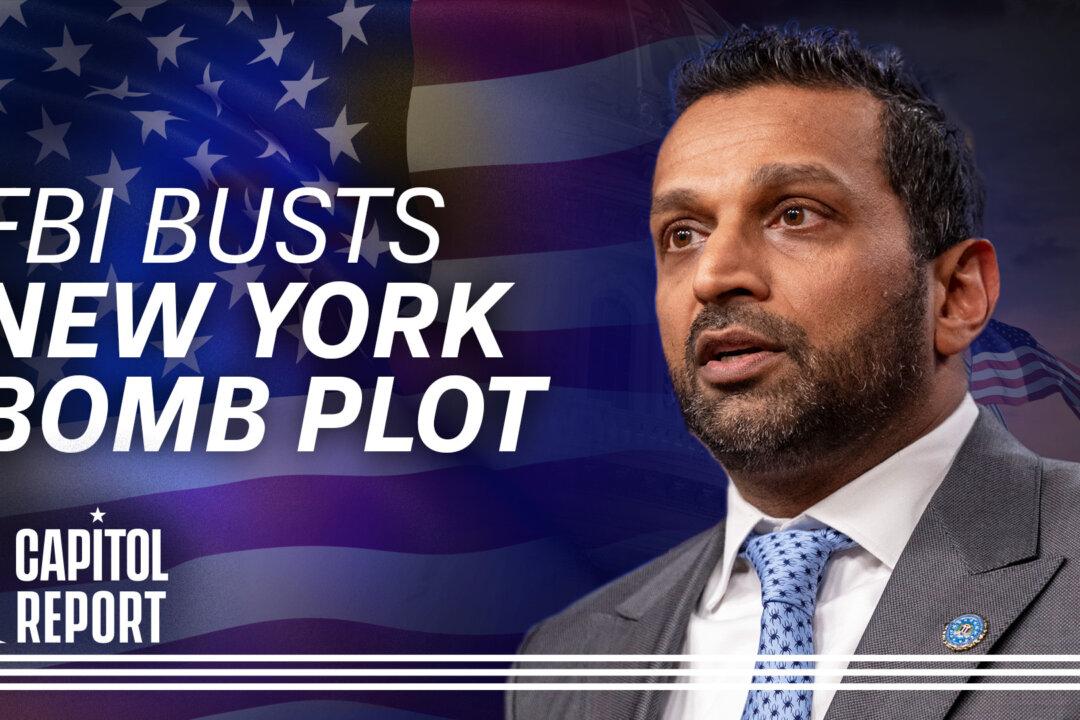A homeless housing advocacy group appealed May 24 a lawsuit against the City of Anaheim, California, claiming the city violated open meeting laws during the sale of the Angel Stadium.
On behalf of the People’s Homeless Taskforce, attorney Jelly Aviles filed a notice of appeal to revive a lawsuit originally filed in February 2020, arguing city officials violated the Brown Act—which requires government affairs to be open to the public—by discussing the stadium sale behind closed doors.
She said the city privately negotiated terms of the sale before notifying the public that it was considering selling the property.
Aviles said although the city is allowed to discuss the terms of the payment in closed session—keeping the price secret to ensure they find the highest bidder—the city should have been “open and transparent” that the negotiations were taking place.
The City of Anaheim is “aware of notice to appeal and will continue to evaluate it as we learn more in the days ahead,” city spokesman Mike Lyster told The Epoch Times.
Anaheim city officials approved the sale of the 150-acre stadium site to SRB Management—a company owned by Arte Moreno, the owner of the Angels baseball team—in December 2019 for $320 million.
Citing violations of the open meeting law, the group filed a lawsuit in February 2020, but Orange County Superior Court Judge David Hoffer dismissed the case March 2, 2022.
“The discussion and decision surrounding the sale of the stadium site were anything but secret and were fully vetted with the public,” Hoffer wrote in the initial decision.
Besides the alleged lack of transparency, the stadium sale has become the eye of a growing political firestorm in Anaheim.
An FBI affidavit surfaced May 16 accusing Mayor Harry Sidhu of sharing confidential information with representatives from the Angels baseball team regarding the sale in exchange for campaign contributions for his reelection.
After much public scrutiny, Sidhu resigned on May 24. On the same day, the Anaheim City Council voted unanimously to immediately void the sale of the Angel Stadium—hours after the People’s Homeless Task Force filed the appeal.
Aviles said the appeal was important—regardless of the council’s decision—as it ensures the city will comply with the Brown Act in case it renegotiates the deal.
The legal challenge will be sent to the court of appeals.
The stadium sale was also found to be in violation of a state law known as the Surplus Land Act, which requires that public land put up for sale must be made available for affordable housing developers to place a bid before others.
The city settled the lawsuit April 26 by agreeing to allocate $96 million for new affordable housing.





